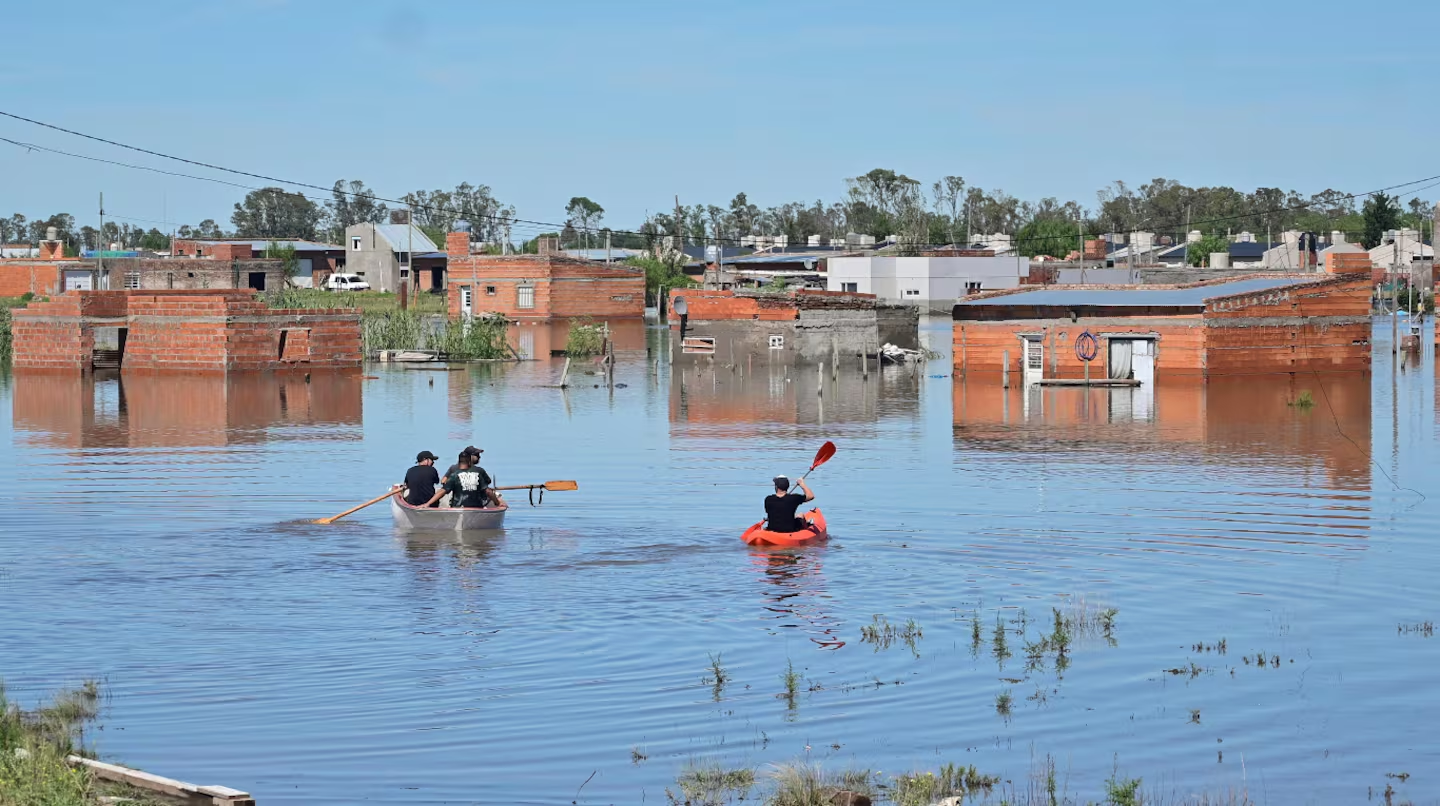The advance of the climate crisis and its severe impacts in different regions of the country have caused irreparable economic and human damage. In response, from the Fundación Ambiente y Recursos Naturales (FARN), together with other civil society organizations, we have provided considerations to a bill in Congress which seeks to reform the allocation of National Treasury Contributions (ATN, for its initials in Spanish) and to strengthen state action in provinces in the face of fires, floods, and other emergencies.
The proposal is supported by organizations ranging from internationally recognized institutions to grassroot organizations: Amnesty International; Aves Argentinas; Patagonia Natural; Confederación Mapuche de Neuquén; Multisectorial Golfo San Matías; Centro de Políticas Públicas para el Socialismo (CEPPAS); Asociación Argentino-Uruguaya de Economía Ecológica; Fundación Hábitat y Desarrollo; Fundación Biodiversidad Argentina; FIBO Impacto; GIRSAC; Espacio de Trabajo Fiscal para la Equidad (ETFE); Proyectar NGO; and Argentina 1.5.
By providing technical input, in alignment with our expertise, we propose that the bill should include a new distribution logic with an environmental, federal, and territorial focus, aimed both at prevention and at immediate response to extreme climate events such as wildfires, floods, droughts, and others.
Currently, ATN funds—equivalent to 1% of the gross revenue-sharing pool—are a discretionary instrument of the executive Power in Argentina. Although originally created to address emergencies and financial imbalances in the provinces, their allocation lacks transparent, proportional, and automatic criteria. In 2024, more than 93% went unexecuted.
In this scenario, we propose that 1% of ATN funds be divided into two components:
- 40% for provincial public works dedicated to climate prevention and adaptation, through a specific budget line.
- 60% for the creation of a Trust Fund for Socio-environmental Disaster Intervention, intended to provide immediate response to floods, fires, storms, and other emergencies. If unused within three months, the remaining funds would be distributed among the provinces.
According to the first Biennial Transparency Report, submitted to the United Nations Framework Convention on Climate Change, Argentina is expected to experience an increase in the frequency and intensity of torrential rains, as well as rising sea levels—with particularly severe impacts along the maritime coast and the Río de la Plata. In this context, investment in resilient infrastructure against such events must be a priority.
Situations such as the one that occurred in Bahía Blanca last March—with fatalities, missing persons, more than 900 people evacuated, and over 5,000 homes affected—or the one recorded two months later in northern Buenos Aires Province—where three people died, over 2,900 had to be evacuated, and major structural damages were reported—illustrate the human and economic cost of lacking adequate prevention and response policies.
In the midst of an ongoing discussion between provincial representatives and different bills presented in Congress to modify the allocation of ATN funds, we are convinced that there needs to be specific funding to prevent and address extreme climate events. While it is essential that these resources be distributed among the provinces, the governors’ proposal does not define a specific purpose for their use: there is clear room for improvement so as to anticipate the impacts of the climate crisis and transform funds that are currently discretionary into a federal, transparent tool that reduces human end ecosystemic vulnerabilities.
